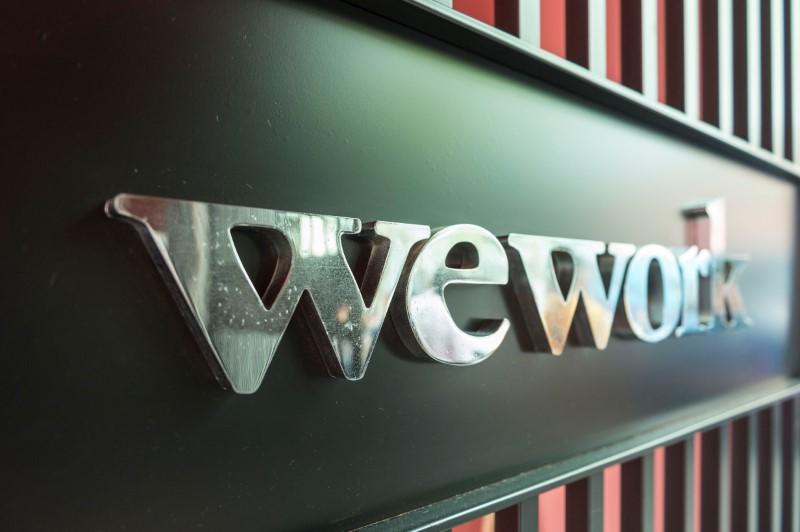Auto titan Carlos Ghosn’s chances of getting out of jail were bolstered after a Japanese court refused a bid by prosecutors to extend his month-long detention, clearing the way for lawyers to seek his release on bail.
The Tokyo District Court on Dec. 20 dismissed an appeal by Japanese prosecutors to prolong the 64-year-old former Nissan Motor Co. chairman’s imprisonment. Lawyers for Ghosn, who was arrested Nov. 19 and later indicted for under-reporting his income at the carmaker, can now seek his freedom before the high-profile case goes on trial.




